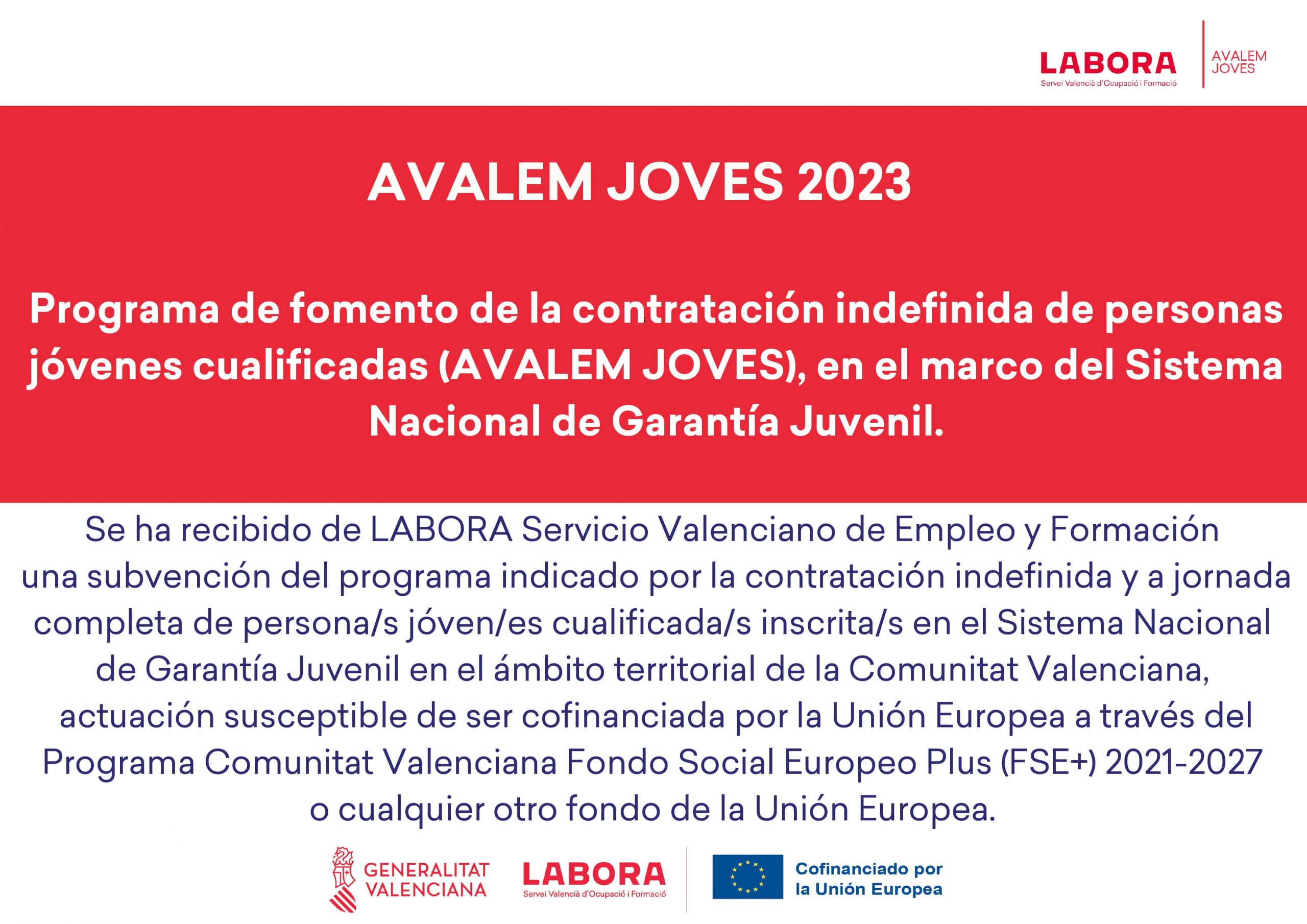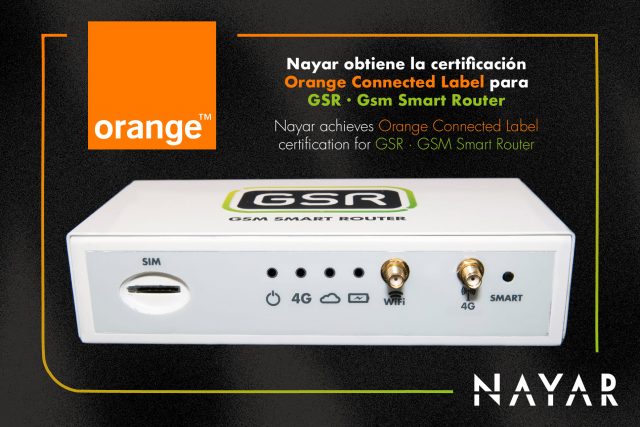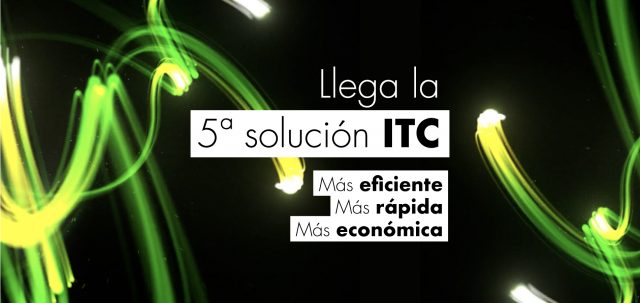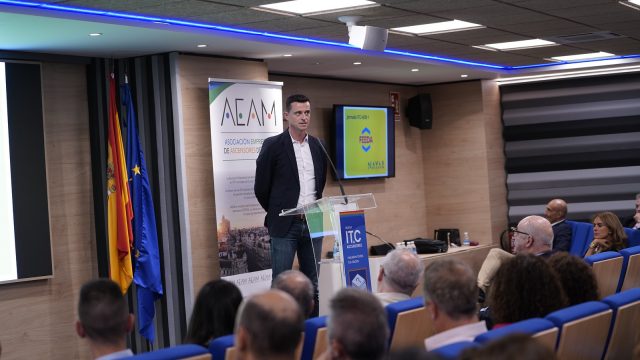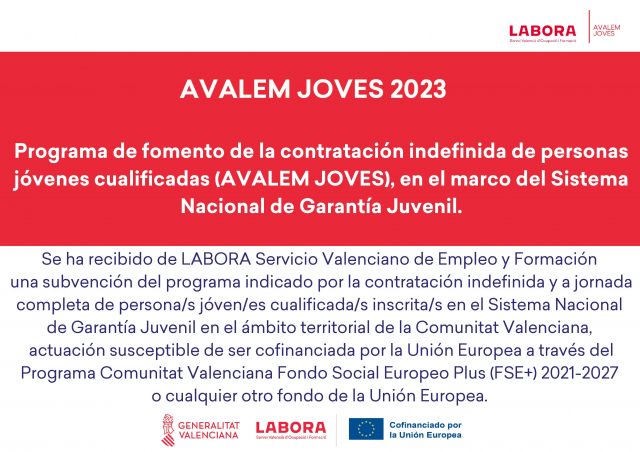PRIVACY POLICY
The content below represents a non-binding translation for English-speaking users. Only the text in Spanish contains legal effects.
INDEX
- Purpose of the Privacy Policy
- Definitions
- Identity of the Data Controller
- Applicable laws and regulations
- Principles applicable to the processing of personal data
- Data processing activities performed
- Necessary and updated information
- Personal data of minors
- Technical and organizational security measures
- Rights of interested parties
- Complaints to the Control Authority
- Acceptance and changes to the Privacy Policy
1.- PURPOSE OF THE PRIVACY POLICY
The purpose of this “Privacy and Data Protection Policy” is to disclose the conditions governing the collection and processing of personal data by NAYAR SYSTEMS SL, making every effort to ensure the fundamental rights, honor and freedoms of persons whose personal data is processed in compliance with the regulations and laws governing the Protection of personal data according to the European Union and the Spanish Member State and, specifically, those expressed in paragraph 2 of this Privacy Policy.
Therefore, in this Privacy and Data Protection Policy, users of the Website https://www.nayarsystems.com are informed of all the details of interest regarding how these processes are carried out, for what purposes, that other entities may have access to their data and what are the rights of users.
2.- DEFINITIONS
“Personal Data”: any information about an identified or identifiable natural person (“the Website User”); an identifiable natural person is any person whose identity can be determined, directly or indirectly, in particular by means of an identifier, such as a name, an identification number, location data, an online identifier or one or more elements of that person’s physical, physiological, genetic, mental, economic, cultural or social identity.
“Processing” means any operation or set of operations performed upon personal data or sets of personal data, whether or not by automatic means, such as collection, recording, organization, structuring, storage, adaptation or alteration, retrieval, consultation, use, disclosure by transmission, dissemination or any other ways of making available, comparing or combining, restricting, erasing or destroying.
“Limitation of processing”: the marking of retained personal data with the purpose of limiting their processing in the future.
“Profiling” means any form of automated processing of personal data consisting of using personal data to evaluate certain personal aspects of a natural person, in particular to analyze or predict aspects relating to that natural person’s professional performance, financial situation, health, personal preferences, interests, reliability, behavior, location or movements.
“Pseudonymization” means the processing of personal data in such a way that they can no longer be attributed to a data subject without the use of additional information, provided that such additional information is listed separately and is subject to technical and organizational measures designed to ensure that the personal data are not attributed to an identified or identifiable natural person.
“File” means any structured set of personal data, accessible according to specified criteria, whether centralized, decentralized or distributed functionally or geographically.
“Controller” or “controller” shall mean the natural or legal person, public authority, service or other body which alone or jointly with others determines the purposes and means of processing; if European Union or Member State law determines the purposes and means of processing, the controller or the specific criteria for its nomination may be laid down by Union or Member State law.
“Processor” or “processor” means the natural or legal person, public authority, service or other body processing personal data on behalf of the controller.
“Recipient” shall mean the natural or legal person, public authority, service or other body to whom personal data are disclosed, whether or not a third party is involved. However, public authorities which may receive personal data in the framework of a specific investigation in accordance with the European Union or Member State law shall not be considered as recipients; the processing of such data by such public authorities shall be in accordance with the data protection rules applicable to the purposes of the processing.
“Third party” means a natural or legal person, public authority, service or body other than the data subject, the controller, the processor and the persons authorized to process personal data under the direct authority of the controller or the processor.
“Consent of the data subject” means any freely given, specific, informed and unambiguous expression of will by which the data subject agrees, either by a statement or by a clear affirmative action, to the processing of personal data concerning him/her.
“Personal data security breach” means any breach of security resulting in the accidental or unlawful destruction, loss or alteration of, or unauthorized communication of or access to, personal data transmitted, stored or otherwise processed;
“Genetic data” means personal data relating to inherited or acquired genetic characteristics of a natural person that provide unique information about that person’s physiology or health, obtained in particular from the analysis of a biological sample from such person.
“Biometric data” means personal data obtained from specific technical processing, relating to the physical, physiological or behavioral characteristics of a natural person that allow or confirm the unique identification of that person, such as facial images or dactyloscopic data.
“Health-related data” means personal data concerning the physical or mental health of a natural person, including the provision of health care services, revealing information about his or her health status.
“main establishment”:
a) as regards a controller with establishments in more than one Member State, the place of its central administration in the Union, unless decisions on the purposes and means of processing are taken in another establishment of the controller in the Union and the latter establishment has the power to implement such decisions, in which case the establishment which has taken such decisions shall be considered as the main establishment;
b) as regards a processor with establishments in more than one Member State, the place of its central administration in the Union or, if there is no central administration, the establishment of the processor in the Union where the main processing activities are carried out in the context of the activities of an establishment of the processor in so far as the processor is subject to specific obligations under this Regulation.
“Representative” means a natural or legal person established in the Union who, having been appointed in writing by the controller or processor pursuant to Article 27 of the GDPR, represents the controller or processor with regard to their respective obligations under this Regulation.
“Enterprise” means a natural or legal person engaged in an economic activity, regardless of its legal form, including companies or partnerships regularly carrying out an economic activity.
“Supervisory authority”: the independent public authority established by a Member State in accordance with the provisions of Article 51 of the GDPR. In the case of Spain it is the Spanish Data Protection Agency.
“Transborder processing” means:
a) processing of personal data carried out in the context of the activities of establishments in more than one Member State of a controller or a processor in the Union, if the controller or processor is established in more than one Member State; or
b) the processing of personal data carried out in the context of the activities of a single establishment of a controller or a processor in the Union, but which substantially affects or is likely to substantially affect data subjects in more than one Member State.
“Information society service” means any information society service, i.e., any service normally provided for remuneration, at a distance, by electronic means and at the individual request of a recipient of services.
3.- IDENTITY OF THE DATA CONTROLLER
The Data Controller is that natural or legal person, of a public or private nature, or administrative body, which alone or jointly with others determines the purposes and means of the processing of personal data; in the event that the purposes and means of the processing are determined by the law of the European Union or of the Spanish Member State.
In the aspects expressed in this Privacy and Data Protection Policy, the identity and contact details of the Data Controller are:
NAYAR SYSTEMS SL – CIF B12757795
Avda. Casalduch, 9. 12005, Castellón de la Plana (Castellón), Spain
Email: legal@nayarsystems.com – Phone: 964 06 69 95
4.- APPLICABLE LAWS AND REGULATIONS
This Privacy and Data Protection Policy is developed based on the following data protection laws and regulations:
- Regulation (EU) 2016/679 of the European Parliament and of the Council of 27 April 2016 on the protection of natural persons with regard to the processing of personal data and on the free movement of such data. Hereinafter GDPR.
- Organic Law 3/2018 of December 5, 2018 on the Protection of Personal Data and Guarantee of Digital Rights. Hereinafter LOPD/GDD.
- Law 34/2002, of July 11, 2002, on Information Society Services and Electronic Commerce. Hereinafter LSSICE.
5.- PRINCIPLES APPLICABLE TO THE PROCESSING OF PERSONAL DATA
Personal data collected and processed through this Web site will be treated in accordance with the following principles:
- Principle of lawfulness, fairness and transparency: Any processing of personal data carried out through this Website will be lawful and fair, being completely clear to the user when personal data concerning him/her are being collected, used, consulted or processed. The information relating to the processing carried out will be transmitted in advance, easily accessible and easy to understand, in simple and clear language.
- Purpose limitation principle: All data will be collected for specified, explicit and legitimate purposes and will not be further processed in a manner incompatible with the purposes for which they were collected.
- Principle of data minimization: The data collected will be adequate, relevant and limited to what is necessary in relation to the purposes for which they are processed.
- Principle of accuracy: The data will be accurate and, if necessary, updated, taking all reasonable steps to ensure that personal data that are inaccurate with respect to the purposes for which they are processed are deleted or rectified without delay.
- Principle of limitation of the storage period: Data will be kept in a form that permits identification of data subjects for no longer than is necessary for the purposes of processing the personal data.
- Principle of integrity and confidentiality: Data shall be processed in a manner that ensures appropriate security of personal data, including protection against unauthorized or unlawful processing and against accidental loss or damage, through the implementation of appropriate technical and organizational measures.
- Principle of proactive responsibility: The entity owning the Website shall be responsible for compliance with the principles set forth in this paragraph and shall be able to demonstrate it.
6.- DATA PROCESSING ACTIVITIES
The data processing activities carried out through the Web site are detailed below, specifying each of the following sections:
- Activity: Name of data processing activity
- Purposes: Each of the uses and treatments that are carried out with the data collected.
- Legal basis: The legal basis that legitimizes the processing of the data.
- Data processed: Type of data processed
- Source: From where the data is obtained
- Retention: Period during which the data is retained.
- Recipients: Persons or third parties to whom the data is provided.
- International Transfers: Transborder data transfers outside the European Union
6.1 MAIN TREATMENT ACTIVITIES
These are those data processing activities whose purposes are necessary and essential for the provision of services.
| Website Enquiries | |
| Legal basis | Existence of a contractual relationship with the interested party by means of a contract or pre-contract. |
| Purposes | Response to queries received through the electronic form on the website |
| Data categories and groups | Web contacts (Identifying data) |
| Data source | The interested party or its legal representative |
| Category of recipients | Not foreseen |
| International transfer | Not foreseen |
| Conservation period | Data will be kept for the time necessary to fulfill the purpose for which they were obtained and to determine the possible liabilities that may arise from such purpose and the processing of the data. |
| Job opportunities | |
| Legal basis | Existence of a contractual relationship with the interested party by means of a contract or pre-contract. |
| Purposes | Personnel selection |
| Data categories and groups | Job Candidates (Identification data; Academic and professional data; Personal characteristics; Social circumstances; Job details) |
| Data source | The interested party or his legal representative |
| Category of recipients | Not foreseen |
| International transfer | Not foreseen |
| Conservation period | They will be kept for the time necessary to fulfill the purpose for which they were obtained and to determine the possible liabilities that may arise from such purpose and the processing of the data. |
6.2 OPTIONAL TREATMENT ACTIVITIES (if the user has marked his/her acceptance)
These are those personal data processing activities whose purposes are not essential for the provision of the service and which are only carried out if the user has marked YES in the consent for the performance of these activities.
| Commercial communications | |
| Legal basis | Explicit consent of the person concerned |
| Purposes | Marketing, advertising and commercial prospecting |
| Data categories and groups | Customers (Identification data). Suppliers (Identification data). Potential (Identifying data) |
| Data source | The interested party or its legal representative |
| Category of recipients | Not foreseen |
| International transfer | Not foreseen |
| Conservation period | They will be kept indefinitely as long as the interested party does not request their deletion. |
| Newsletter | |
| Legal basis | Explicit consent of the person concerned |
| Purposes | Subscription to receive periodic newsletters and bulletins |
| Data categories and groups | Customers (Identification data). Potential (Identification data) |
| Data source | The interested party or its legal representative |
| Category of recipients | Not foreseen |
| International transfer | Not foreseen |
| Conservation period | They will be kept indefinitely as long as the interested party does not request their deletion. |
7.- NECESSARY AND UPDATED INFORMATION
All fields marked with an asterisk (*) in the forms on the Website must be completed, so that the omission of any of them could make it impossible to provide the requested services or information.
You must provide truthful information, so that the information provided is always updated and contains no errors, you must inform the Data Controller as soon as possible, the changes and corrections of your personal data that occur through an email to the address: legal@nayarsystems.com.
Likewise, by clicking on the “I accept” button (or equivalent) incorporated in the aforementioned forms, you declare that the information and data you have provided in them are accurate and truthful, as well as that you understand and accept this Privacy Policy.
8.- DATA OF MINORS
In compliance with the provisions of Article 8 of the RGPD and Article 7 of the LOPD/GDD, only those over 14 years of age may give their consent to the processing of their personal data in a licit manner by NAYAR SYSTEMS SL.
Therefore, minors under 14 years of age may not use the services available through the Website without the prior authorization of their parents, guardians or legal representatives, who shall be solely responsible for all acts performed through the Website by the minors in their care, including the completion of the telematic forms with the personal data of such minors and the marking, where appropriate, of the boxes that accompany them.
9.- TECHNICAL AND ORGANIZATIONAL SECURITY MEASURES
The Data Controller adopts the necessary organizational and technical measures to ensure the security and privacy of your data, avoid its alteration, loss, unauthorized processing or access, depending on the state of technology, the nature of the data stored and the risks to which they are exposed.
Among others, the following measures stand out:
- Ensure the ongoing confidentiality, integrity, availability and resilience of treatment systems and services.
- Restore availability and access to personal data quickly in the event of a physical or technical incident.
- Verify, evaluate and assess, on a regular basis, the effectiveness of the technical and organizational measures implemented to ensure the security of the processing.
- Pseudonymize and encrypt personal data, in case of sensitive data.
On the other hand, the Data Controller has decided to manage the information systems according to the following principles:
- Principle of regulatory compliance: All information systems shall comply with the applicable legal, regulatory and industry standards that affect information security, especially those related to the protection of personal data, security of systems, data, communications and electronic services.
- Risk management principle: Risks shall be minimized to acceptable levels and a balance shall be sought between security controls and the nature of the information. Security objectives shall be established, reviewed and consistent with information security aspects.
- Principle of awareness and training: Training programs, sensitization and awareness campaigns will be articulated for all users with access to information, in terms of information security.
- Principle of proportionality: The implementation of controls that mitigate the security risks of the assets shall be carried out seeking a balance between security measures, nature and information and risk.
- Principle of responsibility: All members of the Data Controller shall be responsible for their conduct in terms of information security, complying with the established rules and controls.
- Principle of continuous improvement: The degree of effectiveness of the security controls implemented in the organization will be reviewed on a recurring basis in order to increase its capacity to adapt to the constant evolution of risk and the technological environment.
10.- RIGHTS OF THE INTERESTED PARTIES
The current data protection regulations protect the user in a series of rights in relation to the use given to their data. Each and every one of these rights are unipersonal and non-transferable, that is to say, they can only be exercised by the owner of the data, after verifying his or her identity.
The rights of users of the Website are detailed below:
- Right of access: This is the right of the Website user to obtain confirmation as to whether or not the Data Controller is processing his/her personal data and, if so, to obtain information on his/her specific personal data and on the processing that the Data Controller has carried out or is carrying out, as well as, among other things, the information available on the origin of such data and the recipients of the communications made or planned in such data.
- Right of rectification: This is the right that the Website user has to have his or her personal data modified, proving it to be inaccurate or incomplete, taking into account the purposes of the processing.
- Right of deletion: It is usually known as the “right to be forgotten”, and it is the right that the Website user has, provided that the legislation in force does not establish otherwise, to obtain the deletion of his/her personal data when these are no longer necessary for the purposes for which they were collected or processed; the User has withdrawn his/her consent to the processing and there is no other legal basis; the User objects to the processing and there is no other legitimate reason to continue the processing; the personal data have been processed unlawfully; the personal data have been obtained as a result of a direct offer of information society services to a minor under 14 years of age. In addition to deleting the data, the Controller shall, considering the technology available and the cost of its implementation, take reasonable steps to inform other data controllers that may be processing the personal data of the data subject’s request for the deletion of any link to such personal data.
- Right to the limitation of data: This is the Website User’s right to limit the processing of his/her personal data. The Website User has the right to obtain the limitation of the processing when he/she contests the accuracy of his/her personal data; the processing is unlawful; the Controller no longer needs the personal data, but the User needs it to make claims; and when the Website User has objected to the processing.
- Right to data portability: In cases where processing is carried out by automated means, the Wesbsite User shall have the right to receive from the Data Controller his or her personal data in a structured, commonly used, machine-readable format and to transmit it to another Data Controller. whenever technically possible, the Data Controller shall directly transmit the data to that other Data Controller.
- Right of opposition: This is the User’s right not to have his or her personal data processed or to cease the processing of such data by the Data Controller.
- Right not to be subject to automated decisions and/or profiling: The right of the Website User not to be subject to an individualized decision based solely on the automated processing of his/her personal data, including profiling, unless otherwise provided by law.
- Right to revoke consent: This is the right of the Website User to withdraw, at any time, the consent given for the processing of his/her data.
The Website user may exercise any of the aforementioned rights by contacting the Data Controller and, prior identification of the User, may use the following contact information:
- Responsible: NAYAR SYSTEMS SL
- Address: Casalduch, 9. 12005, Castellón de la Plana (Castellón), Spain
- Telephone: 964 06 69 95
- E-mail: legal@nayarsystems.com
- Website: https://www.nayarsystems.com
11.- RIGHT TO FILE A COMPLAINT WITH THE SUPERVISORY AUTHORITY
If the Website user considers that the Data Controller is not treating his/her personal data properly, he/she may contact the Data Protection Officer:
Email: legal@nayarsystems.com – Phone: 964 06 69 95
However, the Website User is informed that he/she has the right to file a complaint with the Spanish Data Protection Agency if he/she considers that a breach of data protection legislation has been committed with respect to the processing of his/her personal data.
Control authority contact information:
Spanish Data Protection Agency
Email: info@aepd.es
Phone: 912663517
Web site: https://www.aepd.es
Address: C/. Jorge Juan, 6. 28001, Madrid (Madrid), Spain
12.- ACCEPTANCE AND CHANGES IN THE PRIVACY POLICY
It is necessary that the Website user has read and agrees with the data protection conditions contained in this Privacy Policy, as well as to accept the processing of their personal data so that the Data Controller can proceed in the manner, terms and purposes indicated.
The Data Controller reserves the right to modify this Privacy Policy, according to its own criteria, or motivated by a legislative, jurisprudential or doctrinal change of the Spanish Data Protection Agency. Changes or updates made to this Privacy Policy that affect the purposes, retention periods, data transfers to third parties, international data transfers, as well as any rights of the Website User, will be explicitly communicated to the user.


